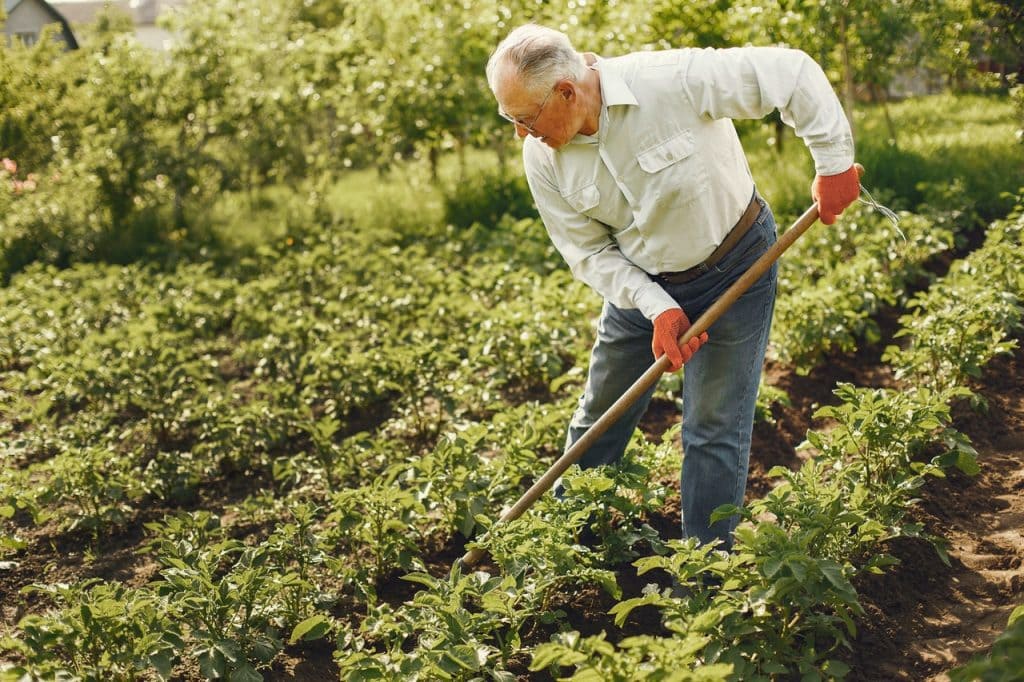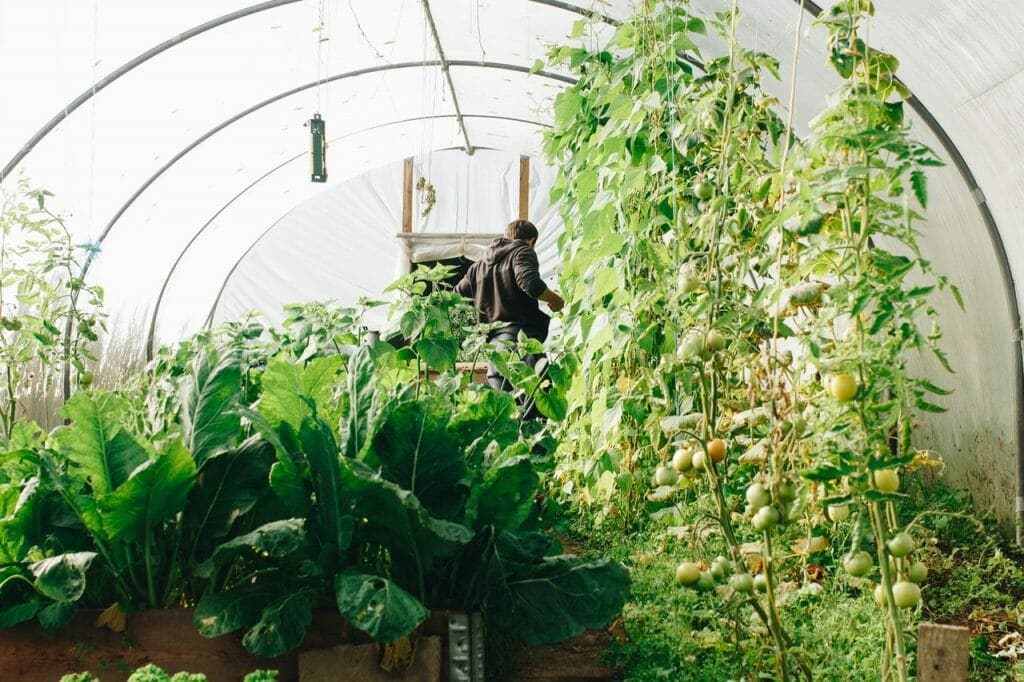Written by Sherri Ribbey and published on https://www.gardengatemagazine.com/.
It’s National Nutrition Month, which makes it a great time to evaluate how you’ve been fueling your body. If one of the changes you’ve decided to make involves eating more fruits and vegetables, you might want to consider starting your own garden. Not only could this decision be beneficial to your waistline, it could also improve your mental health.
Reduce Stress by Getting Out in the Garden
Sure, gardening is fun, but did you know it’s good for you, too? Turns out working in the garden reduces stress and so much more!
Benefits of gardening
Need a break from stress, worries and anxiety? Grab your garden gloves and head out to the garden. For generations gardeners have known that planting, watering, weeding and all the beauty that emerges as a result is good for you. And science is catching on, too, with numerous studies showing that gardening can improve your physical and emotional well-being and has social benefits as well. Whether it’s a few plants in the windowsill, containers on a deck, beds and borders in the yard or a vegetable plot, gardens big and small can reap big benefits for you and your family. Here’s what gardens can do for you:
Gardening reduces stress and improves mental health
According to the Mayo Clinic, chronic stress is hard on your body and contributes to anxiety, depression and disease, such as heart disease and diabetes. That’s why finding healthy ways to cope and take care of your mind and body are so important. Sow some seeds, do a little watering, cut a bouquet or pull weeds and you’ll soon find that time has flown and cares that were pressing in on you earlier have receded into the distance. Working in the garden reduces cortisol levels (a chemical your body produces in response to stress) even more than reading a book. Just sitting in a garden helps, too. More and more hospitals are adding gardens to their facilities to help patients heal faster and prevent burn out for staff members.
Gardening boosts your immune system
Who would have thought that getting dirty would help you be healthier? It turns out being exposed to friendly soil microbes on a regular basis boosts your immune system, cuts your risk of inflammatory disease and yes, reduces stress.
Gardening is great exercise and prevents disease
Think of all the things it takes to create and maintain a garden – getting up and down, walking, stretching, moving heavy bags of mulch or soil – it can be quite a workout. Regular maintenance, such as weeding or raking, can burn as much as 300 calories in an hour. Besides working off that extra cookie you ate at lunch, gardening helps with dexterity, strength, and endurance – it’s a whole-body workout! Physically active people are a lot less likely to develop diseases, such as heart disease, diabetes and cancer. One study found that gardening could lower the risk of dementia by 36%. And staying active in the garden has never been easier with lots of tools that make gardening easier on the body and more accessible.
Gardening helps your kids eat better
Tired of your kids not eating their vegetables? Get them out in the garden! Kids that work side by side with their parents to grow vegetables are more likely to eat them when you sit down to dinner. And that habit is maintained even as adults.
Can’t get outdoors? Gardening indoors is great, too
Surround yourself with plants at work or home and you’ll find that you’re more productive and satisfied with your space. According to NASA indoor plants can improve air quality, too, by filtering out airborne chemicals. The good news is that most common houseplants will clean the air with ease. Look for peace lily (Spathiphyllum spp. and hybrids), pothos (Epipremnum aureum), Boston fern (Nephrolepis exaltata), rubber plant (Ficus elastica) and spider plant (Chlorophytum comosum) to name a few.
Original post here https://www.gardengatemagazine.com/.


